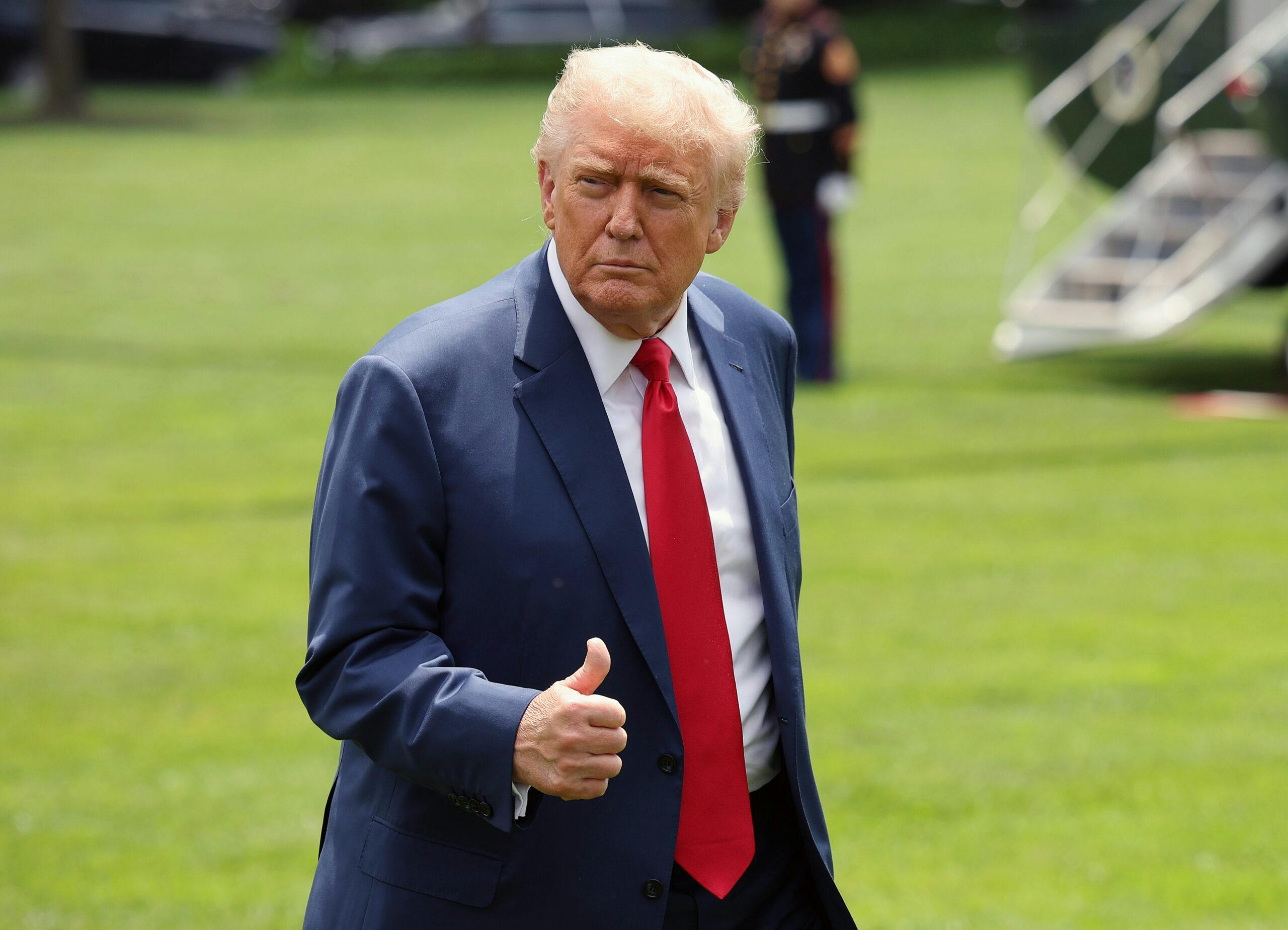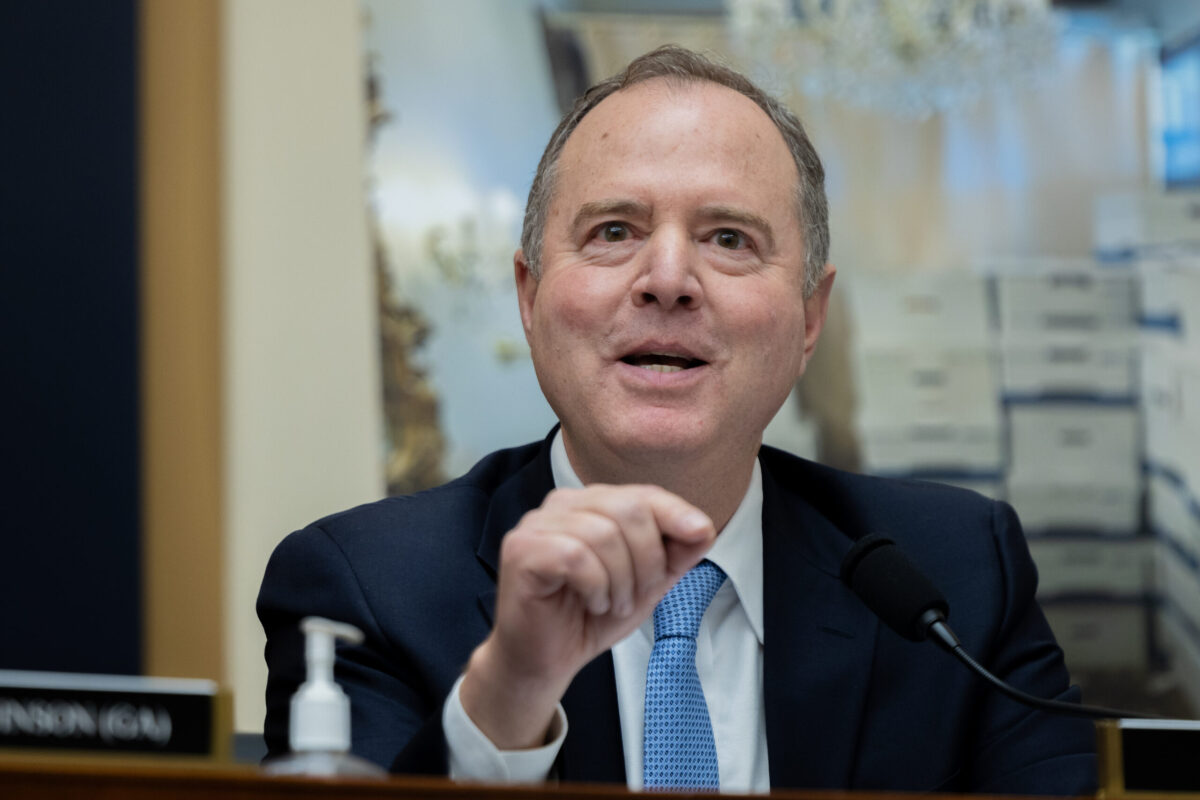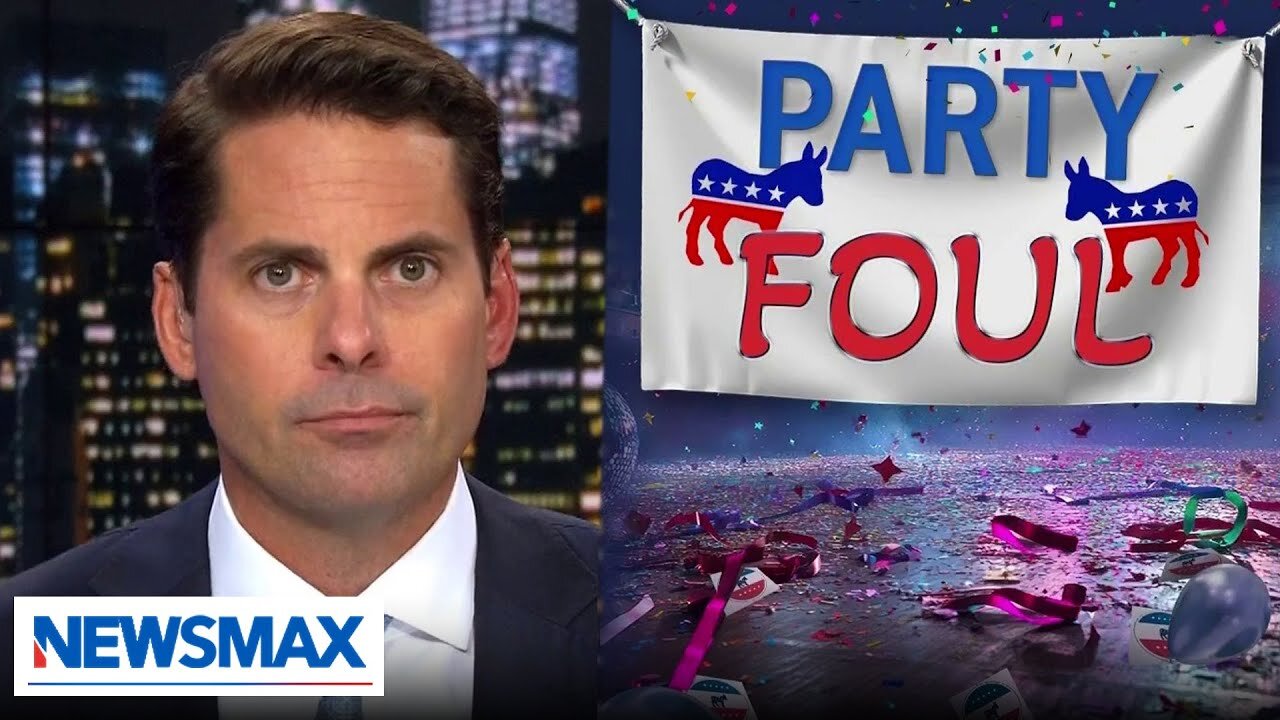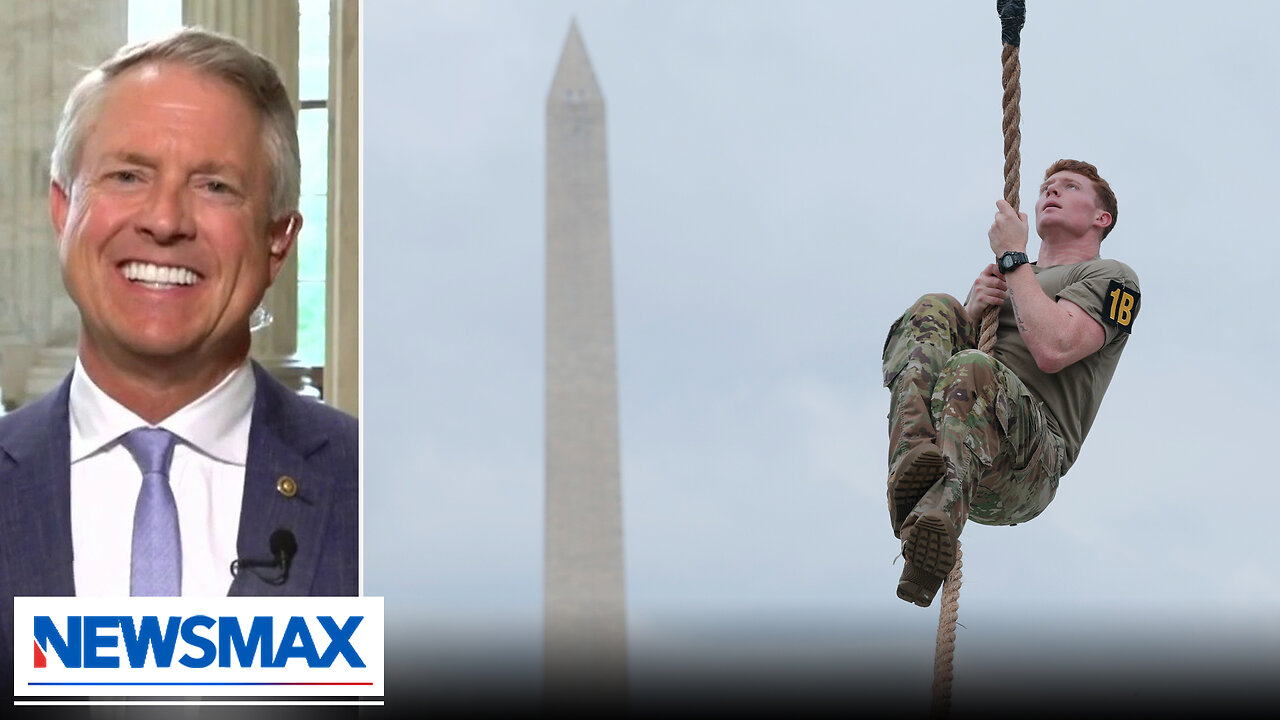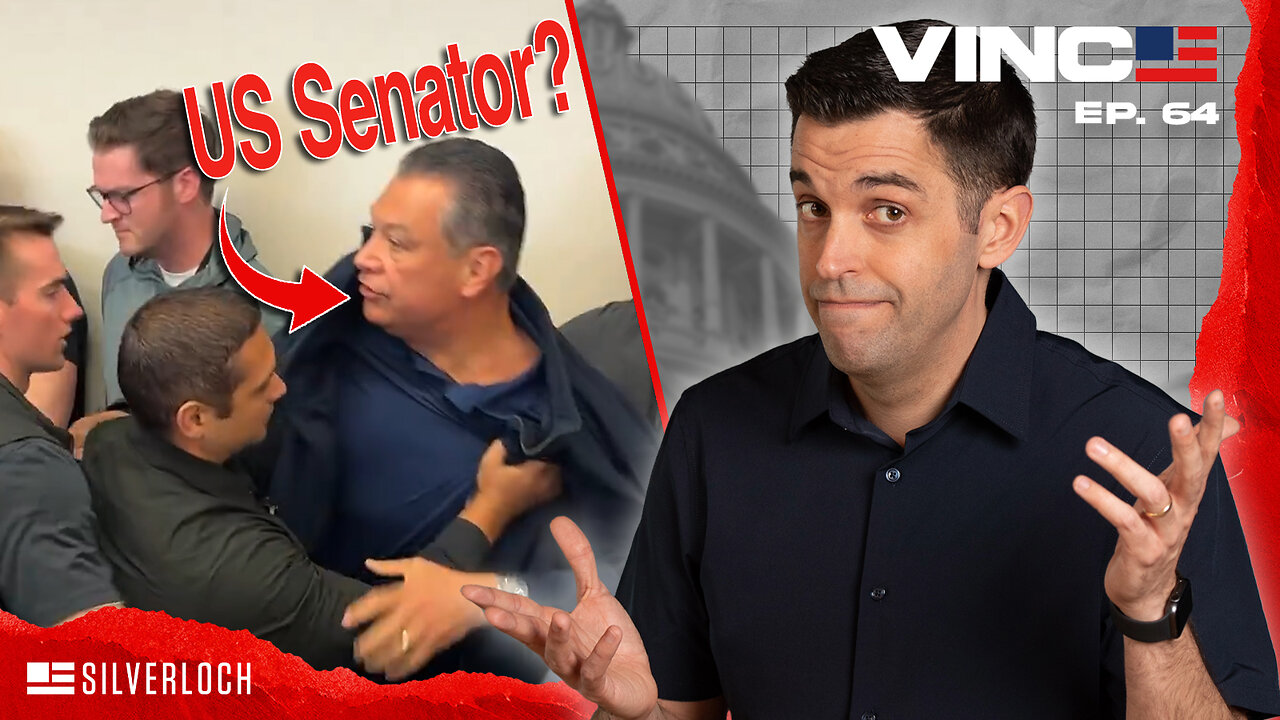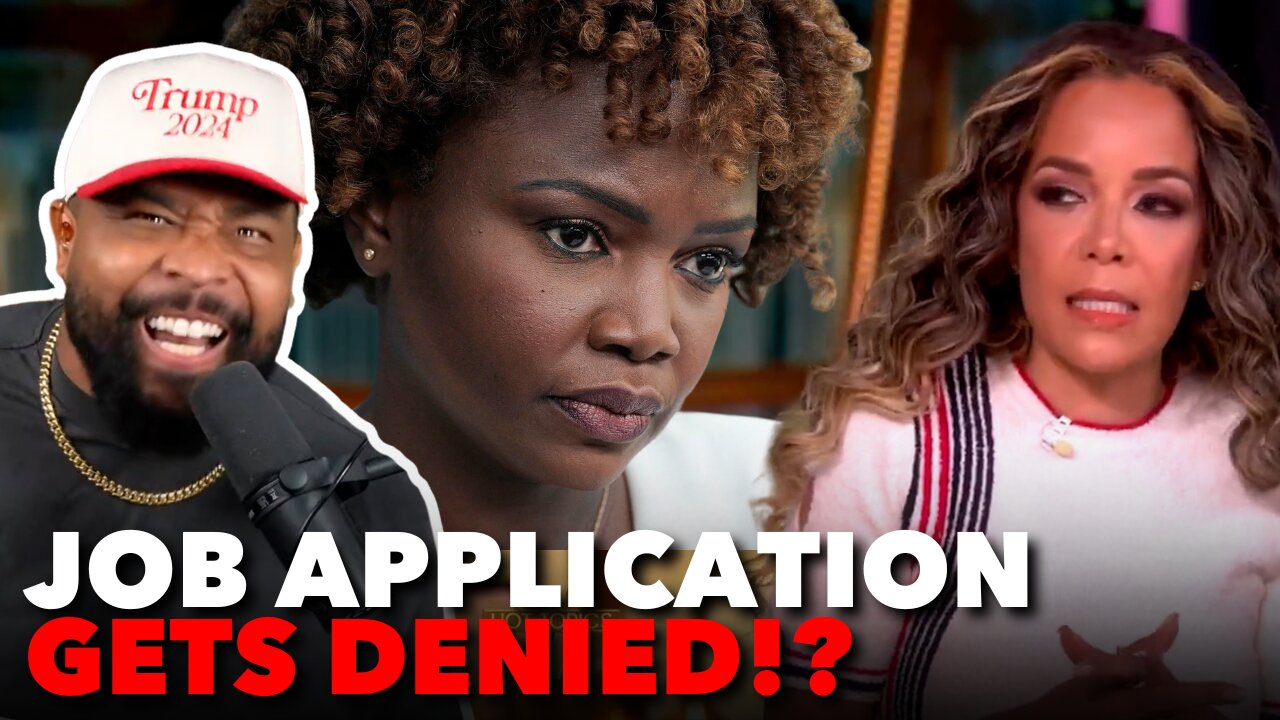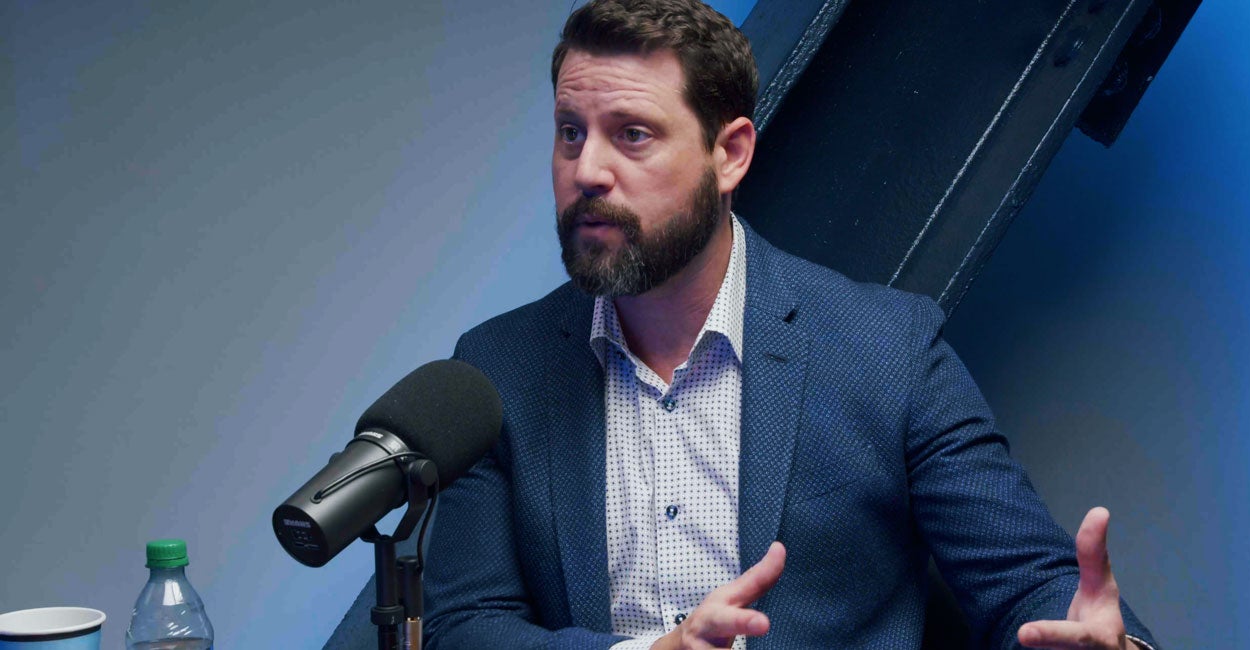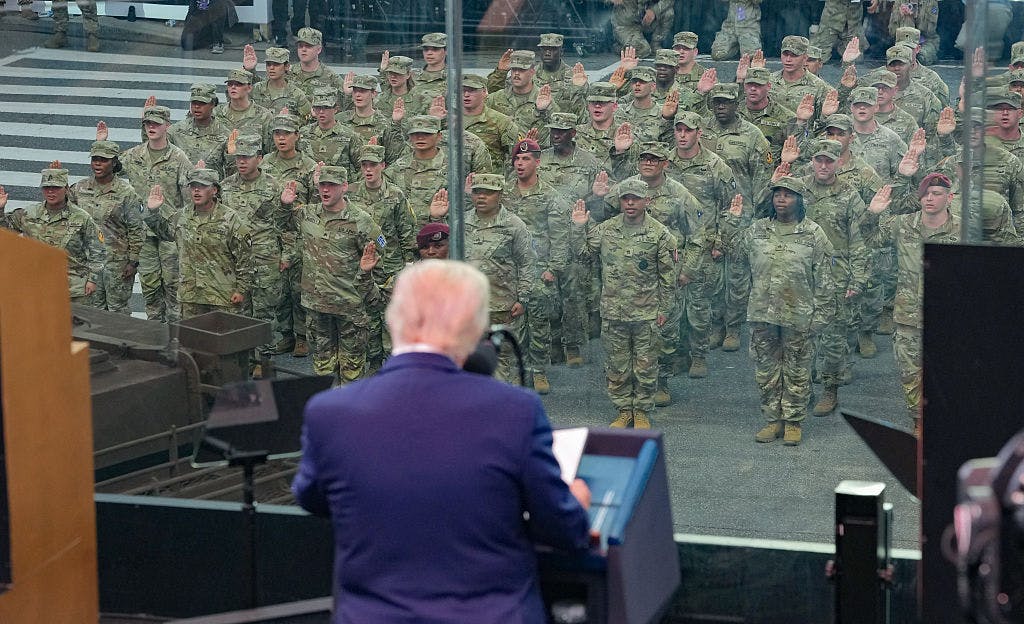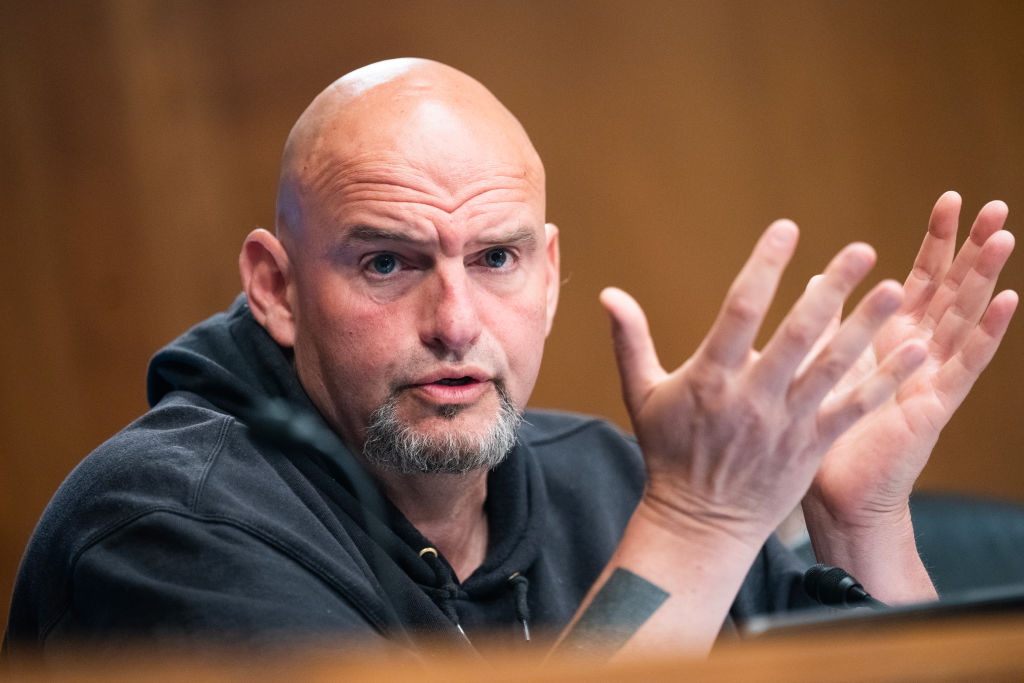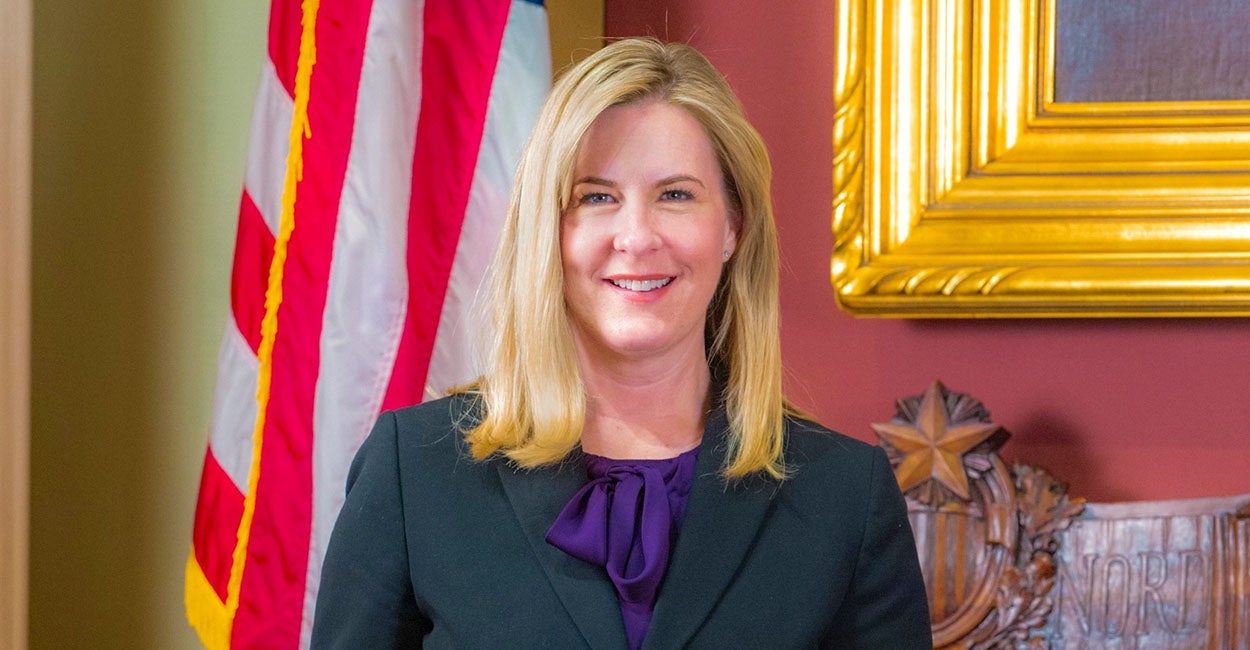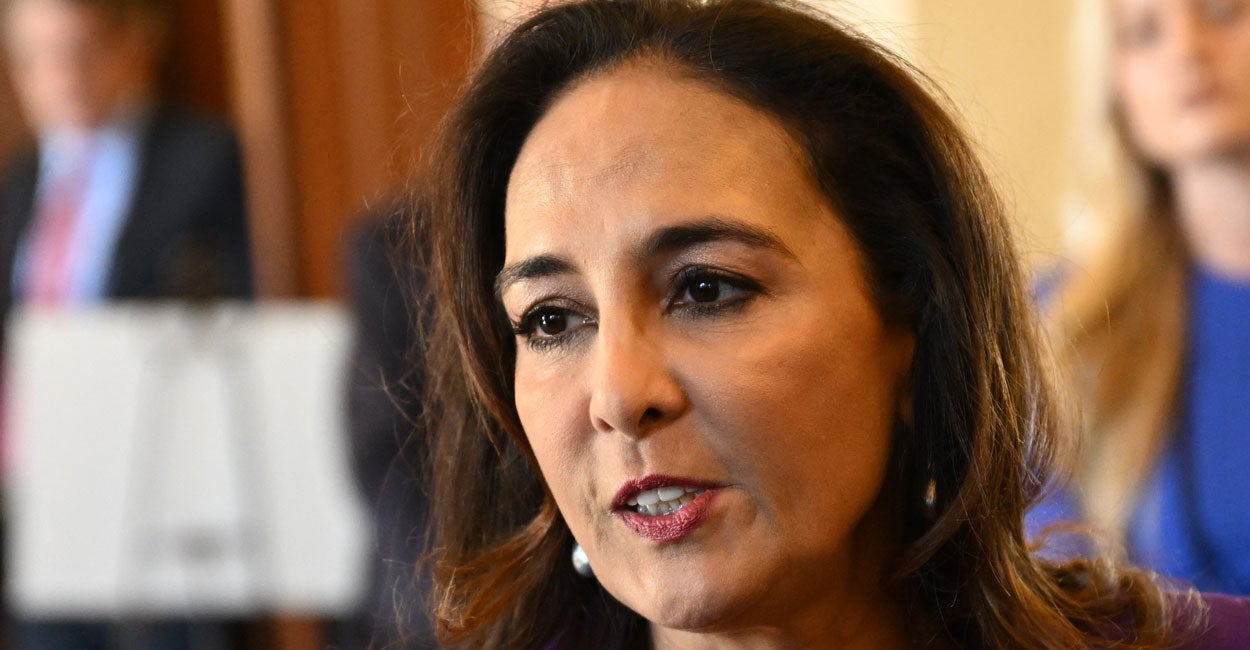Supreme Court must end the FDA’s vaping power-grab
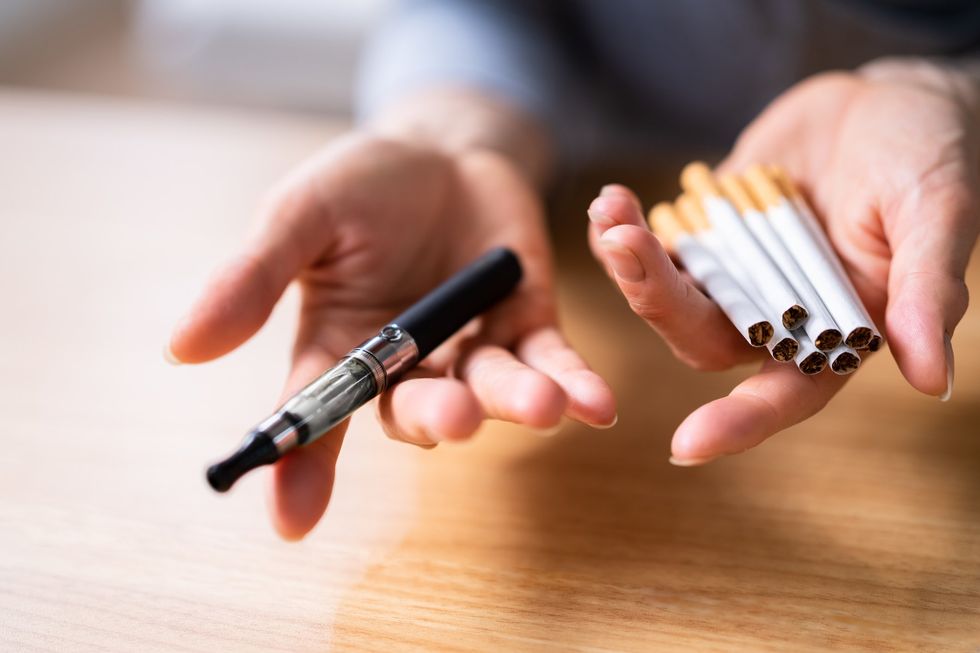

For the tens of millions of Americans eager to quit smoking cigarettes, the Supreme Court may represent their best hope. On December 2, the court heard oral arguments in the landmark case Wages and White Lion (Triton) v. FDA. The justices considered whether the Food and Drug Administration overstepped its authority by banning the sale of certain e-cigarette products.
The stakes are monumental. As the Taxpayers Protection Alliance argued in an amicus brief supporting the respondents, rejecting agency overreach, vague legislation, and unchecked bureaucracy could save millions of lives.
Expanding the market could provide smokers with more effective alternatives to deadly tobacco products.
The foundation of the American experiment is often taken for granted. Without basic safeguards like the separation of powers, unchecked authority could concentrate in the hands of a few, free from accountability. This is why Congress — not regulatory agencies — must fulfill its legislative responsibilities.
Unfortunately, Congress passed the buck on vaping policy. Lawmakers essentially tasked FDA bureaucrats with making critical decisions, offering only vague direction. The Tobacco Control Act of 2009 requires the FDA to assess e-cigarette products based on whether marketing them is “appropriate for the protection of public health.”
The phrase “public health” is often used in political ads, op-eds, and classrooms, but it is an extremely flimsy legal standard for product approvals. The term encompasses an almost infinite range of variables, making it nearly impossible to weigh them all accurately. For instance, e-cigarettes are clearly safer than traditional cigarettes and effective at helping adult smokers quit. However, regulators must decide how to balance this reality against the potential risks of youth access. Congress provided no clear guidance to the FDA on this issue, leaving regulators to operate in a state of uncertainty.
This “judge, jury, and executioner” approach was evident when the FDA denied Triton’s marketing applications for vaping products. In its decision, the agency prioritized the “risk of youth uptake” without adequately considering the health benefits of increasing the availability of vaping products. A broader market with more competitors is less likely to face supply shortages than a narrow, bottlenecked market. By ignoring these factors, the FDA risks stifling innovation and reducing access to safer alternatives for adult smokers.
Unfortunately, the current regulatory environment has stifled the development of a broad and vibrant e-cigarette market. The FDA has granted marketing authorizations to only three companies, covering a total of eight “families” of e-cigarettes and compatible refill cartridges. Expanding the market could provide smokers with more effective alternatives to deadly tobacco products. However, the FDA has failed to consider how a larger, more diverse market could bolster “public health.”
Open-system products, like those offered by Triton, present additional advantages the FDA has ignored. University of California toxicologist Gideon St. Helen notes the significant differences between closed-system e-cigarettes, which allow minimal user modification, and open systems. Open systems enable users to adjust settings like power and temperature, modify components, and use refillable tanks with customizable e-liquids. Former smokers often prefer open-system products, while youth vapers generally favor closed systems.
According to the CDC’s National Youth Tobacco Survey, only 5.9% of U.S. middle and high school students who reported using e-cigarettes in 2023 used a tank or mod (open-system) device. By contrast, 60.7% reported using disposable, closed-system products. These findings underscore the untapped potential of open systems to help adult smokers quit while posing a lower risk of youth appeal.
The FDA had the opportunity to address these critical considerations but instead clung to its narrow interpretation of “public health.” This poses a significant problem for those who value accountability and the rule of law. When unelected bureaucrats define vague terms like “public health” however they choose, they — not lawmakers or the public — control the outcomes. Life-or-death decisions about quitting smoking are now in the hands of an agency notorious for its risk-averse approach.
The Supreme Court has the power to stop this overreach and end the FDA’s unconstitutional power-grab. The justices must act to protect the millions of Americans fighting to save their lives.
Originally Published at Daily Wire, Daily Signal, or The Blaze
What's Your Reaction?
 Like
0
Like
0
 Dislike
0
Dislike
0
 Love
0
Love
0
 Funny
0
Funny
0
 Angry
0
Angry
0
 Sad
0
Sad
0
 Wow
0
Wow
0
